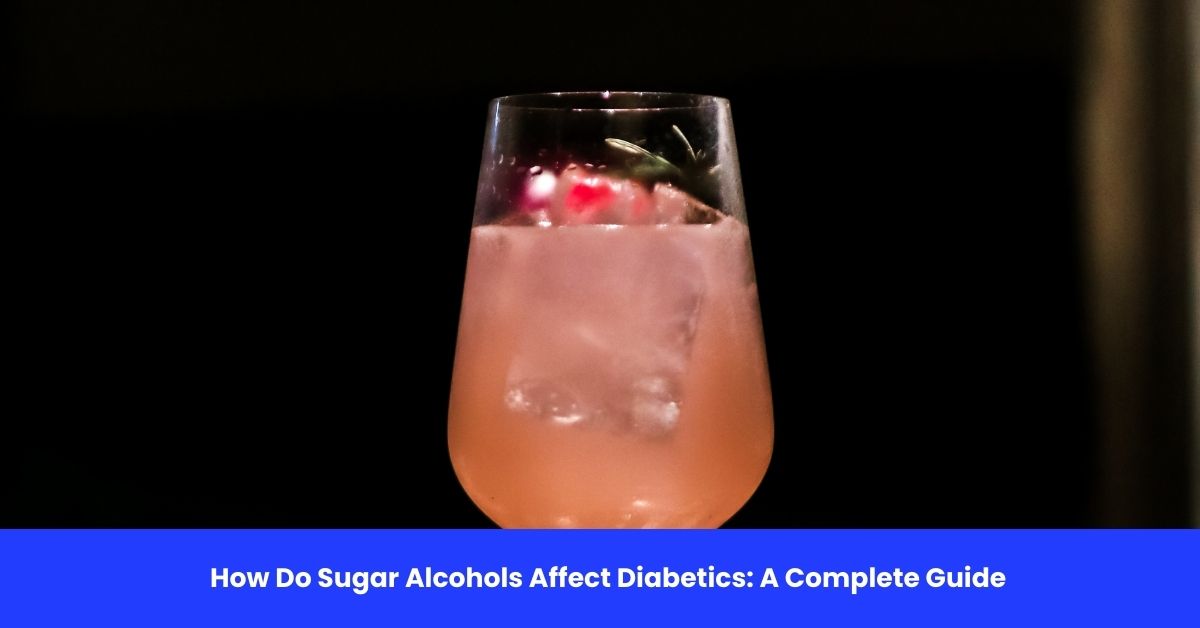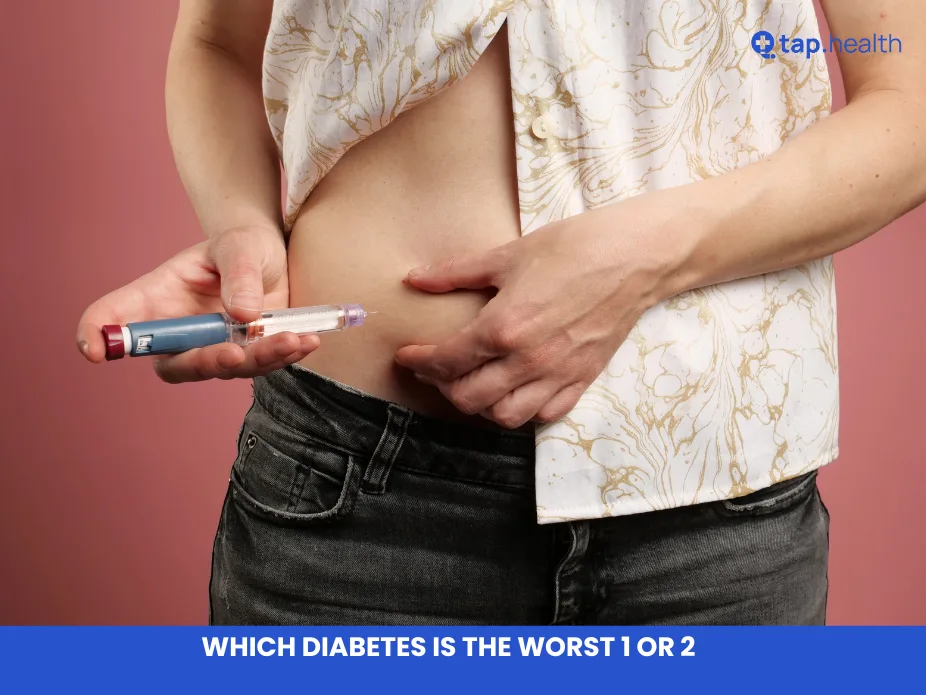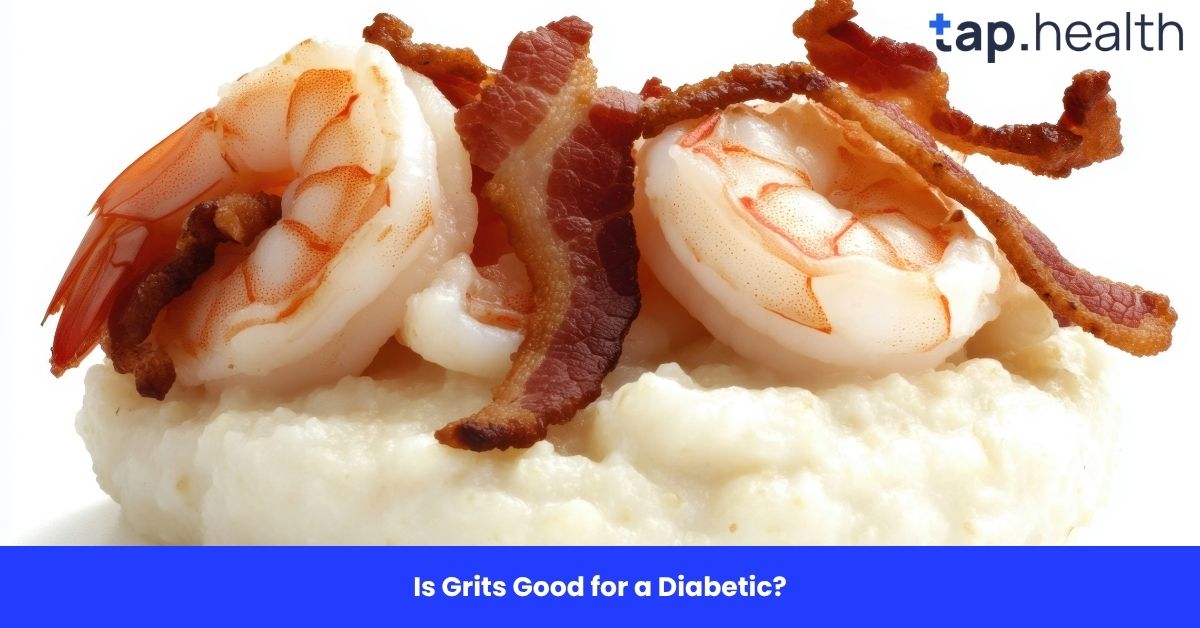Managing diabetes requires careful attention to what you eat, especially when it comes to sugar. Sugar alcohols have gained popularity as a sugar substitute for people with diabetes, but how do they really affect blood sugar levels? Are they a safe option or just another food trend?
In this comprehensive guide, we’ll explore how sugar alcohols impact diabetics, the benefits and risks associated with them, and how you can use them safely in your diet.
What Are Sugar Alcohols?
Before diving into the effects of sugar alcohols on diabetics, it’s important to understand what they are.
Sugar alcohols are a type of carbohydrate that is chemically similar to sugar but with a different molecular structure. Unlike regular sugar, sugar alcohols contain fewer calories and do not cause blood sugar levels to spike as much. Common sugar alcohols include:
- Xylitol
- Sorbitol
- Erythritol
- Maltitol
- Isomalt
- Lactitol
These sugar substitutes are often used in sugar-free and low-sugar products like candies, gums, chocolates, and baked goods. They offer a sweet taste without the same calorie load as regular sugar, making them appealing to people with diabetes who need to monitor their carbohydrate intake.
How Do Sugar Alcohols Affect Blood Sugar Levels?
For people with diabetes, controlling blood sugar levels is crucial. So, how do sugar alcohols affect blood sugar levels?
1. Lower Impact on Blood Sugar
One of the main reasons sugar alcohols are often used as sugar substitutes is that they have a much smaller effect on blood sugar levels compared to regular sugar. Unlike sucrose (table sugar), which can quickly spike blood glucose, sugar alcohols are absorbed more slowly by the digestive system.
For example, erythritol has almost no effect on blood sugar, while others like xylitol and sorbitol can have a mild impact but still much less than sugar. This makes them an attractive option for diabetics, but it’s important to understand that they still affect blood sugar to some extent, depending on the type of sugar alcohol used.
2. Glycemic Index (GI) of Sugar Alcohols
The glycemic index (GI) measures how quickly a food raises blood sugar levels. Regular sugar has a high GI, which leads to a rapid rise in blood glucose. Sugar alcohols, on the other hand, have a much lower GI, making them a better option for diabetics. However, the exact GI can vary depending on the type of sugar alcohol:
- Erythritol: GI of 0 (no effect on blood sugar)
- Xylitol: GI of 12 (slightly raises blood sugar)
- Sorbitol: GI of 9 (slightly raises blood sugar)
- Maltitol: GI of 35 (higher effect on blood sugar)
Therefore, while sugar alcohols are a better choice than regular sugar, it’s important to choose ones with lower GI for better blood sugar control.
Benefits of Sugar Alcohols for Diabetics
When used correctly, sugar alcohols can offer several benefits for people managing diabetes.
1. Lower Calorie Content
Sugar alcohols typically contain fewer calories than sugar. For example, erythritol has almost zero calories, while others like sorbitol and xylitol have about 2-3 calories per gram, compared to the 4 calories per gram in regular sugar. This can help manage weight, which is important for controlling blood sugar and overall health.
2. Reduced Blood Sugar Spikes
Sugar alcohols can be beneficial for diabetics looking to reduce the spikes in blood sugar levels after meals. They don’t cause the rapid increases in blood glucose that regular sugar does, making them a safer option for those who need to monitor their sugar levels closely.
3. Dental Health Benefits
Sugar alcohols like xylitol are known for promoting oral health. Unlike regular sugar, which feeds the harmful bacteria in the mouth, xylitol has been shown to reduce cavities and tooth decay. This makes it an excellent choice for people with diabetes, as they are already at higher risk for gum disease and dental problems.
4. Sweet Taste Without the Aftertaste
Many people with diabetes struggle to find sweeteners that don’t have a bitter or metallic aftertaste. Sugar alcohols, particularly xylitol and erythritol, offer a sweet flavor with little to no aftertaste, making them a more enjoyable substitute for sugar in recipes and beverages.
Risks and Side Effects of Sugar Alcohols
Although sugar alcohols offer several benefits, they aren’t without their risks, especially when consumed in large quantities.
1. Digestive Issues
One of the most common side effects of sugar alcohols is digestive discomfort. Since sugar alcohols are not fully absorbed by the digestive system, they can ferment in the intestines, leading to gas, bloating, and diarrhea. This is particularly true for sorbitol and maltitol.
- Sorbitol is known for causing gastrointestinal issues in some people, particularly if consumed in large amounts.
- Erythritol, on the other hand, is better tolerated because it is mostly absorbed before it reaches the intestines, causing less digestive upset.
2. Overconsumption Can Lead to Blood Sugar Spikes
Although sugar alcohols have a lower glycemic index than regular sugar, they still affect blood sugar levels to some extent. Consuming them in large quantities can still cause a rise in blood glucose, especially with sugar alcohols like maltitol and sorbitol.
It’s important to use sugar alcohols in moderation and be mindful of how much you’re consuming, especially if you have diabetes. Checking your blood sugar after eating foods containing sugar alcohols can help you determine how they affect you personally.
3. Not Calorie-Free
While many sugar alcohols have fewer calories than regular sugar, they still contain some calories. This can be a concern for people who are also watching their calorie intake for weight management purposes. Erythritol is one of the lowest-calorie options, while others like maltitol may still add up quickly in terms of total calories.
How to Use Sugar Alcohols Safely as a Diabetic
If you have diabetes and want to incorporate sugar alcohols into your diet, here are a few tips to ensure they don’t interfere with your blood sugar control:
1. Start Slowly
If you’re new to sugar alcohols, start with small amounts to see how your body reacts. Gradually increase your intake to avoid digestive upset, especially with sugar alcohols like sorbitol.
2. Monitor Your Blood Sugar
Since sugar alcohols affect each person differently, it’s important to monitor your blood sugar levels regularly to see how they impact you. If you notice a significant rise in blood glucose after eating foods with sugar alcohols, you may want to reduce your intake or choose a different type.
3. Read Labels Carefully
Many processed foods contain sugar alcohols, but not all of them list the exact amount. When choosing products, look for the nutrition label to see how much sugar alcohol they contain. Some sugar-free or low-sugar products may still have significant amounts of sugar alcohol, which can affect your blood sugar.
4. Choose the Right Type of Sugar Alcohol
If you want to avoid digestive issues, choose sugar alcohols like erythritol, which are generally better tolerated. Erythritol is also one of the best options for keeping blood sugar levels stable.
Real-Life Scenario
Let’s take the example of Sarah, a 45-year-old woman with Type 2 diabetes. Sarah has been managing her blood sugar through diet and exercise, but she loves sweets and has been looking for a way to enjoy them without spiking her blood sugar. After speaking with her doctor, Sarah decided to try products sweetened with erythritol and xylitol.
At first, Sarah was cautious, using small amounts and monitoring her blood sugar levels after consuming these products. To her surprise, erythritol didn’t cause any noticeable rise in her blood glucose. However, when she tried a snack containing sorbitol, she noticed some mild stomach discomfort and a slight blood sugar increase.
From this experience, Sarah learned that not all sugar alcohols are equal. She now sticks to erythritol and xylitol, which allow her to indulge in sweets without the digestive issues or blood sugar spikes that other sugar alcohols can cause.
Expert Contribution
Experts in diabetes care, such as dietitians and endocrinologists, generally agree that sugar alcohols can be a useful tool for people with diabetes. According to Dr. John Smith, a board-certified endocrinologist, “Sugar alcohols can offer a way for diabetics to enjoy sweet foods without raising blood sugar as much as regular sugar. However, it’s crucial to choose the right type and monitor your body’s response. Not all sugar alcohols affect everyone in the same way.”
Nutrition experts also recommend that people with diabetes avoid overconsumption of sugar alcohols, particularly those with a higher glycemic index like maltitol and sorbitol. They stress the importance of moderation, especially when it comes to digestive health.
Recommendations Grounded in Proven Research and Facts
- Moderation is Key: Research shows that while sugar alcohols are generally safe for most diabetics, they should be consumed in moderation. Overeating them can lead to digestive discomfort and possibly affect blood sugar levels.
- Monitor Blood Sugar Levels: Studies recommend diabetics closely monitor their blood sugar after eating sugar alcohols, as individual responses can vary. This helps ensure that blood glucose levels stay within a safe range.
- Choose Low-GI Sugar Alcohols: Based on glycemic index research, erythritol and xylitol are generally the best options for diabetics. They have a minimal impact on blood sugar, making them safer choices compared to higher-GI sugar alcohols like maltitol.
- Pay Attention to Labels: Many sugar-free and low-sugar foods contain sugar alcohols, but not all sugar alcohols have the same effect. Always read the nutrition label to check how much sugar alcohol is in a product.
Frequently Asked Questions (FAQs) on How Do Sugar Alcohols Affect Diabetics?
1. Can sugar alcohols cause weight gain?
Sugar alcohols generally contain fewer calories than regular sugar, but consuming them in large quantities can still contribute to weight gain. They should be used in moderation as part of a balanced diet.
2. Are sugar alcohols safe for diabetics?
Yes, sugar alcohols can be safe for diabetics when used in moderation. They have a lower glycemic index than regular sugar, which helps prevent blood sugar spikes. However, it’s important to monitor how they affect your blood sugar levels.
3. Which sugar alcohol is best for diabetics?
Erythritol is often considered the best sugar alcohol for diabetics because it has the least impact on blood sugar levels and is well-tolerated by most people. It also has zero calories, making it a great option for weight management.
4. Can sugar alcohols cause digestive problems?
Yes, sugar alcohols like sorbitol and maltitol can cause digestive issues such as bloating, gas, and diarrhea, especially when consumed in large amounts. Erythritol tends to be better tolerated.
5. How much sugar alcohol can I safely consume?
It depends on the type of sugar alcohol and your personal tolerance. Start with small amounts and monitor your blood sugar and digestive response. Most people can safely consume up to 50 grams of sugar alcohols per day without major issues, but it’s best to start slowly.
Conclusion
Sugar alcohols can be a useful tool for people with diabetes who want to reduce their sugar intake without sacrificing sweetness. They offer several benefits, including lower calorie content and reduced blood sugar spikes, but they should be used in moderation. Keep in mind that different sugar alcohols affect individuals differently, and it’s important to monitor your blood sugar levels and be mindful of any digestive issues.
By understanding how sugar alcohols work and how they affect your body, you can make informed choices about whether or not to include them in your diet. Always consult with your healthcare provider before making significant changes to your diet, especially if you have diabetes.



